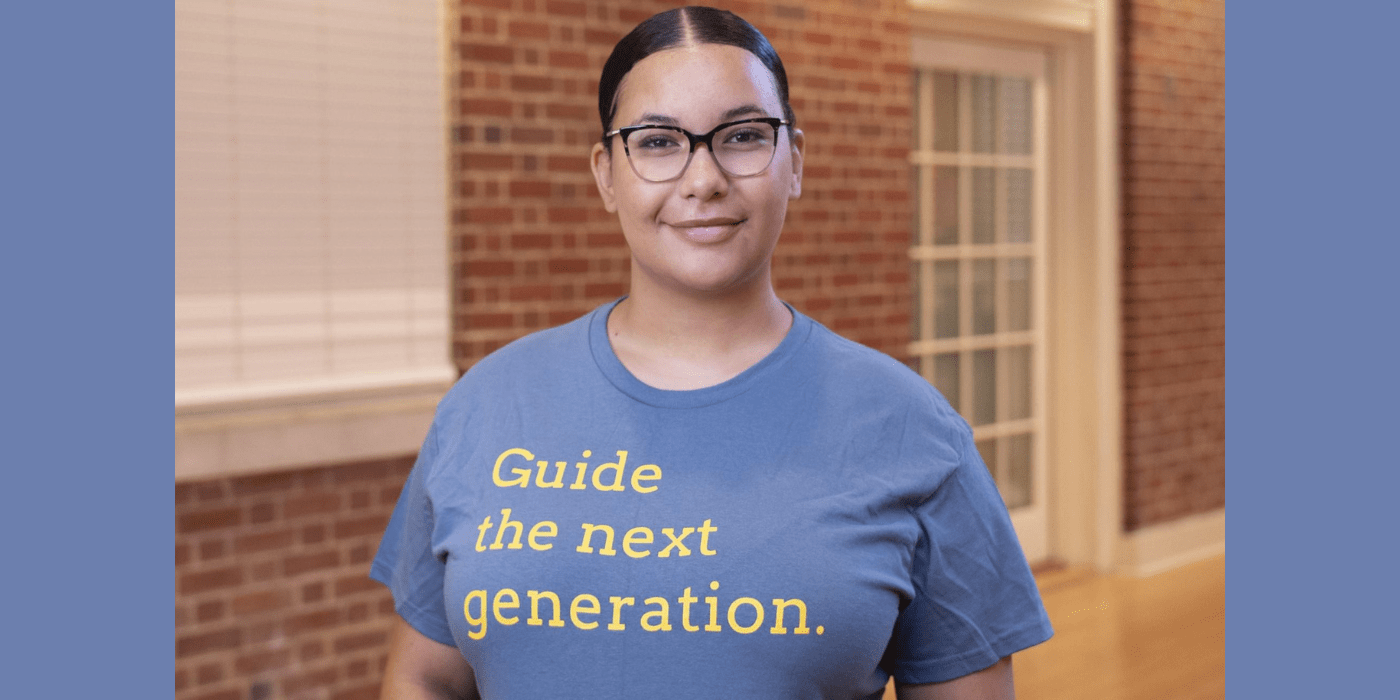
As an incoming freshman, Jessica Stanley was unsure of her career path. What she knew for certain was that she was interested in the healthcare field. Growing up in Connecticut, Stanley, now 21 and a senior, comes from a healthcare-oriented family, which influenced her decision to follow suit.
Over her time at UMD, Stanley found her path in the School of Public Health’s Department of Kinesiology. In the major, she found a multidisciplinary study in which she could explore different career paths, such as sports medicine, physician's assistant and physical therapy.
“I think it’s the perfect major, especially for someone still deciding what part of healthcare they want to pursue,” Stanley said. “Kinesiology is a great foundation for all healthcare fields.”
This past summer, Stanley participated in a research internship in the Pittsburgh Human Engineering Research Labs through the University of Pittsburgh School of Health and Rehabilitation Sciences. There she worked on a project aiming to assess the satisfaction of female veterans regarding their mobility devices that they utilize due to service-centered injuries. The goal was to improve the end-user feedback approach to manufacturing of such devices. Stanley recently submitted her research article based on her internship findings.
“Jessica is one of the most dedicated and hardworking students I have had the pleasure of working with. She is driven to expand her education beyond the confines of the classroom and consistently seeks out practical experiences that will enhance her skills as a future occupational therapist,” said Physical Activity Program Coordinator Andrea Liberto.
“Her passion for kinesiology is evident in the way she approaches her studies; she understands how deeply the field is integrated into all aspects of life and is committed to using her knowledge to make a positive impact on others,” Liberto said. “Jessica’s academic performance is outstanding, but what sets her apart is her unwavering desire to apply what she learns to real-world situations.”
Stanley says that her view on her major changed throughout her studies. At first, she saw kinesiology as more of a humanities-based major since her early courses consisted of sociology and history-based subjects. Later on, she felt the classes also incorporated more STEM-based concepts, showing how interconnected kinesiology was with anatomy, physiology and physics. Stanley’s favorite class includes exercise physiology, where she learns about the physiological response of the body during exercise and physical activity.
“The kinesiology major has helped me develop a good public health perspective about numerous current issues in the world, which will help me become a better healthcare provider,”
“The kinesiology major has helped me develop a good public health perspective about numerous current issues in the world, which will help me become a better healthcare provider,” Stanley said. “The professors on campus and in the Department of Kinesiology are committed to your success and your development, which has helped me grow as a student.”
Stanley is a community partner intern for Maryland Mentor Corps, a program aiming to improve math, reading and English literacy amongst youth and adults in Prince George's County and surrounding communities. She is also vice president of the Pre-occupational Therapy Association. After graduating with her bachelor's degree this spring, she plans to take a gap year to apply for her doctorate in occupational therapy.
The biggest healthcare issue Stanley aspires to address is improving provider and patient interactions.
“I really want to bring an understanding, empathetic approach to healthcare,” Stanley said. “The connections you make with your patients in whatever setting you may choose — bringing empathy and understanding, commitment and compassion to the job — is what really makes a difference for patients going through a very difficult rehabilitative process.”